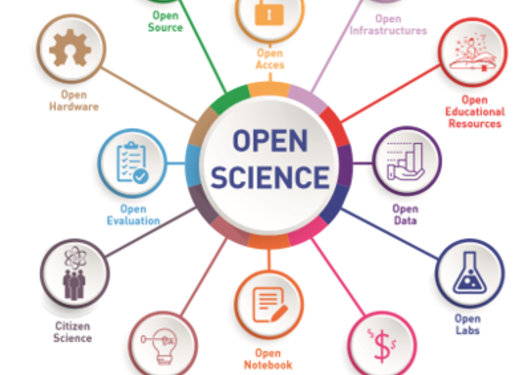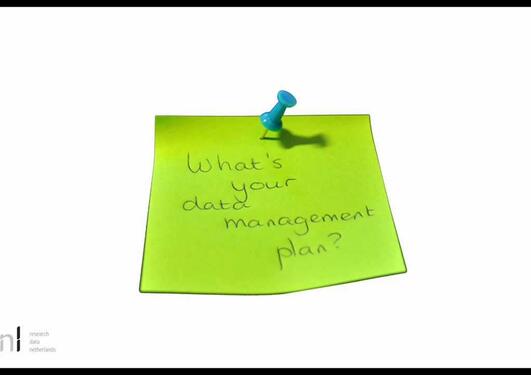Open Access to Research Data
The University Library offers guidance on various aspects of research data handling and data management planning.
Main content
Research data is a core part of the value creation at universities. Promoting open access to research data is a strategy to make full use of their potential and thereby maximise the impact of research activities in a digital society.
The University Libary provides guidance on various aspects of research data handling and data management planning, please do not hesitate to contact us.
WHY should you make your research data open?
Open Access to research data increases the impact and transparency of research activities. It ensures that the full potential of a research project is utilized and can lay basis for further research, with appropriate crediting of the data creators. Therefore, practices to support good data handling and open access to research data have been made a requirement by funding bodies, such as the Norwegian Research Council and the European Commission. In alignment with the National strategy on access and sharing of research data, open access to research data is part of The University of Bergen Policy for Open Science.
Furthermore, many publishers require authors to make the datasets underlying the findings described in their publications available and thereby ensure reproducible research.
"The goal of the University of Bergen is that data resulting from research activity should be made readily available for reuse in accordance with FAIR-principles."
From University of Bergen Policy for Open Science
"More open access to, and wider reuse of, research data promotes scientific advancement in that it equips individual researchers with a larger pool of data, facilitates replication and quality assurance of previous research findings, and prevents re-funding of the same type of data collection multiple times."
From National strategy on access and sharing of research data
WHAT is research data - should everything be open?
In the National strategy on access and sharing of research data, publicly funded research data is defined as "all data collected or generated for use for or as a result of publicly funded research activities and data underpinning publications that are the result of publicly funded research activities". This includes both entirely new data and data generated through analysis of existing data (secondary data). In order to take full advantage of their potential, research data should be managed and curated.
To accelerate the research process and to make research results reproducible, also research protocols and analysis software/program code created in the research process should be made accessible.
The main principle of open access ot research data is that data should be as open as possible but as closed as necessary. For example, personal or sensitive personal data as well as data that would conflict with intellectual property rights and commercialization can not be made fully openly accessible. However, it might be possible make some sensitive personal data available in anonymized form or to specific users by defined access criteria and ensuring technical access control.
HOW can you make your research data open?
Data management plans (DMP) are an instrument to support good data handling practice throughout the whole research data life cycle, from project planning over the active phase of research to project conclusion. Archiving data, accompanied by their metadata and a suitable data license, is a strategy to increase the impact of research results and promote reproducible research. The FAIR-principles describe a set of guidelines that ensure that research data can be reused. Importantly, FAIR data does not equal unrestricted access to data ("As open as possible, as closed as necessary"). In a project with personal or sensitive personal data, measures to secure the data will be an important part of the data management plan. The University of Bergen as well as funding bodies require that research projects have a DMP. You can find more practical information on our page on DMPs. In addition, the University library regularly provides courses on data management planning.
"All research projects lead by researchers at UiB will have a data management plan."
From University of Bergen Policy for Open Science
The research data life cycle
Research data life cycle describes the process from project and data management planning over creating novel data or creating new knowledge based on existing data to publication and long-term preservation of high-quality research data which again can lay basis for new research projects.
WHERE can you make your research data open?
Publishing research data and their accompanying metadata in a research repository ensures their long-term preservation, findability, and accessibility. Research data should be made accessible latest at publication of the scientific article

